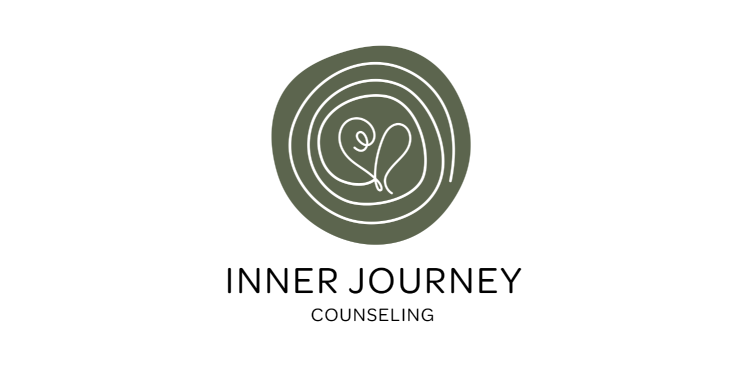Feeling sad is a normal and inevitable part of the human experience, but if your sadness is accompanied by other feelings (helplessness, hopelessness, numbness, or apathy), you may be experiencing depression.
What Is Depression?
There are different types of depression, including major depressive disorder (characterized by one or more major depressive episodes), and persistent depressive disorder (long-term feelings of sadness that do not quite meet the clinical criteria for major depressive episodes). Individuals suffering from depression often also experience challenges with self-esteem and self-worth.
Symptoms of Depression
-
Fatigue or loss of energy
-
Difficulties concentrating or making decisions
-
Feelings of guilt or worthlessness
-
Loss of enjoyment, pleasure, or motivation
-
Increased or decreased appetite
-
Psychomotor agitation or slowing
-
Significant weight loss or gain
-
Increased or decreased need for sleep
-
Insomnia or difficulties sleeping
-
Irritability
-
Thoughts of hurting yourself or engaging in self-injurious behaviors
-
Thoughts of death or suicide
“The journey of a thousand miles must begin with a single step.” – Lao Tzu
Treating Depression
Depression can make life difficult to manage. Previously simple tasks can suddenly feel overwhelming. Things you used to enjoy may feel boring, or even unpleasant. When you think about the future, it might feel bleak. Our experienced therapists will help you to both work through these feelings as well as develop tools and skills for reducing and eliminating these symptoms. You will learn new, healthier, and more adaptive ways of thinking. You will learn how to increase your support system and have positive interactions in your relationships again, so that life no longer feels as lonely. Evidence-based therapeutic techniques are used in order to get you on the road to feeling better as soon as possible.
